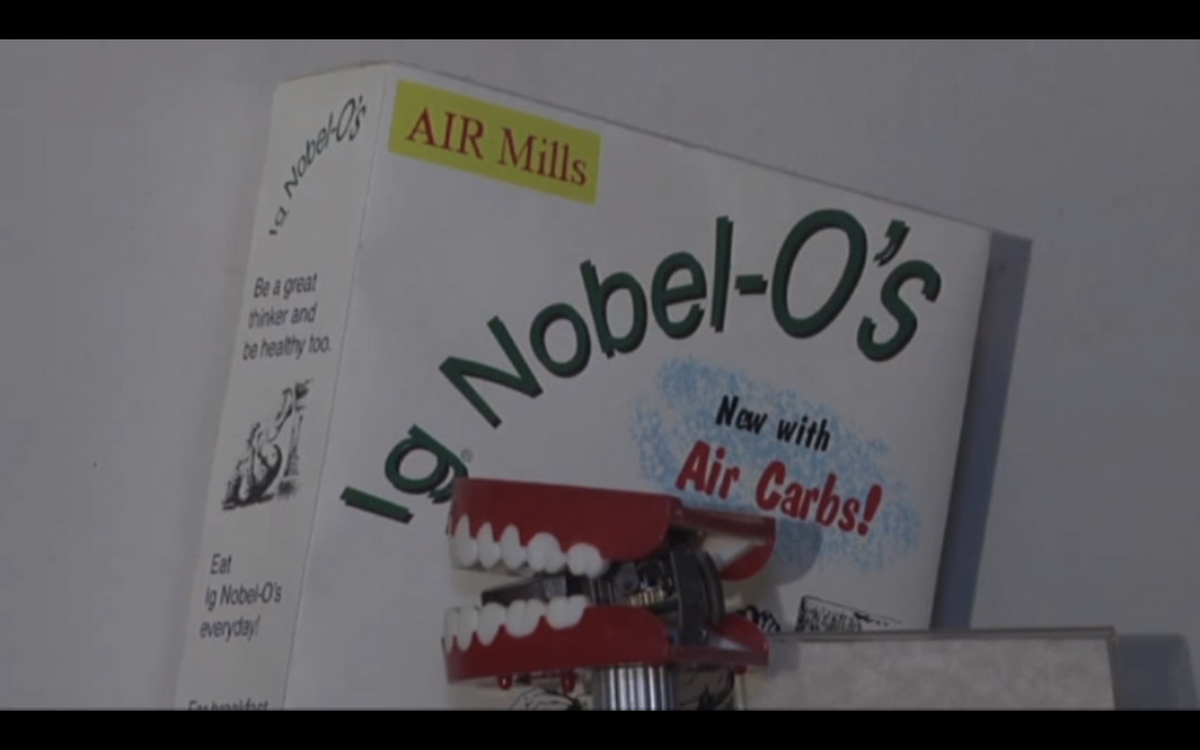 Researchers have been hard at work this year making breakthroughs in cancer treatments, stem cells and Mars exploration but they've also been working on some less, well, important things.
Researchers have been hard at work this year making breakthroughs in cancer treatments, stem cells and Mars exploration but they've also been working on some less, well, important things.
And that's exactly what was rewarded at the nominations for the Ig Nobel Prize on Thursday.
The Ig Nobel's celebrate science research that is weird or funny and this year's nominees did not disappoint.
Researchers from France and the US proved that the 'beer goggles' effect actually works on oneself to make you feel more attractive while drinking.
The Joint Prize in Biology and Astronomy Prize went to scientists who proved that lost dung beetles can roll a perfect ball of poo and use the Milky Way to find their way home.
Japanese scientist Masanori Niimi won the medicine prize for his finding that mice who listened to opera after heart transplants survived longer.
Verdi's La Traviata caused the mice to live 20 days longer than average but they were only willing to cling to life for an extra four days for the singer Enya.
The awards are sponsored by the science humor magazine Annals of Improbable Research but the research itself is no joke.
It's all has all been published in prestigious, peer-reviewed academic journals.
Organizer Marc Abrahams said the point is to make people laugh and then think.
"The combination of science that is funny on its own — not because someone is making a joke, but it is funny — that's an unusual notion in the United States," he said. "It is becoming more acceptable again."
The winners of the Ig will give 60-second speeches at MIT on Saturday or get booed off the stage by an eight-year-old girl.
The real Nobel prize winners will be announced next month.



Shares